Protecting You and Your Parents From Medicare Fraud in the Midst of COVID-19

Scammers have come up with a new approach to steal people’s identities and take their money. They are using the current crisis to steal Medicare numbers, banking information and other personal data. It is important to understand how they are doing this and how you can help prevent it.
Aging adults are particularly vulnerable to coronavirus and scammers are using this to their advantage. The Social Security Administration sent out a press release in April reminding Medicare beneficiaries to be vigilant and take precautions to avoid falling victim to healthcare fraud during the current pandemic, but people keep falling for it.
For the past few years, scammers have posed as Medicare employees to convince seniors to share their information. This tactic isn’t new. However, according to Nenette Day, from the U.S. Health and Human Services Inspector General’s Office, this year they are telling people they can help protect them from the coronavirus and provide gloves, masks and hand sanitizer in exchange for their Medicare numbers. This is making it easier for them to convince people that they are legitimate.
“In some instances they are calling the beneficiaries and telling them their doctor is setting up an appointment for them and that they need to pay their co-pay in advance because of the unique situation of the crisis,” Day says in an interview with NBC10.
Scammers take advantage of the senior population during times of uncertainty and change. You must protect yourself and those around you by making sure you are aware of the current scams used to get your information.
Aging adults are the main target for this scam. Many have had little contact with their friends and family since the pandemic began, so it is no surprise that they are more than willing to answer a fraudulent call unknowingly and proceed with the conversation.
Unfortunately due to the pandemic and Department of Aging guidelines, residents that reside in retirement homes and senior living communities have not been able to leave their apartments. For seniors still living at home they have not been able to see their grandchildren or go to the store without the risk of being exposed to COVID-19. They have been deprived of regular human interaction.
While a seemingly friendly (and fraudulent) Medicare employee on the other line may seem like a great person to talk to, seniors need to be warned about potential risks and must take precautions to protect themselves. If someone calls on the phone, saying they are from Medicare, and asks for your Medicare number, just hang up.
It is easy to understand why a scammer wants your Social Security number and bank information, but you may be confused as to why scammers want your Medicare number and what that means for you.
According to the Official U.S. Government Site for Medicare, con artists may try to get your Medicare Number or personal information so they can steal your identity and commit Medicare fraud. Medicare fraud results in higher health care costs and taxes for everyone.
Medicare cards no longer have Social Security numbers on them, in an effort to reduce fraud and protect beneficiaries from identity theft. Even with this change, you should guard your Medicare card just like you would a credit card.
It is important to note that Medicare will:
- NEVER contact you for your Medicare Number or other personal information unless you’ve given them permission in advance.
- NEVER call you to sell you anything.
- NEVER call you promising to send you things if you give them your Medicare Number.
- NEVER visit you at your home.
- NEVER enroll you over the phone unless you called first.
Be sure to check your Medicare Explanation of Benefits for errors and question any invoices received from Medical vendors billed to your Medicare number you don’t recognize.
If you suspect Medicare fraud or notice anything suspicious, you can report it by calling Medicare’s toll-free customer service center at 1-800-MEDICARE.
Longevity Income Solutions encourages you to share this message with family and friends, who may not be aware of what is going on. We want to help protect you and your loved ones. For further awareness, we recommend watching this video.
